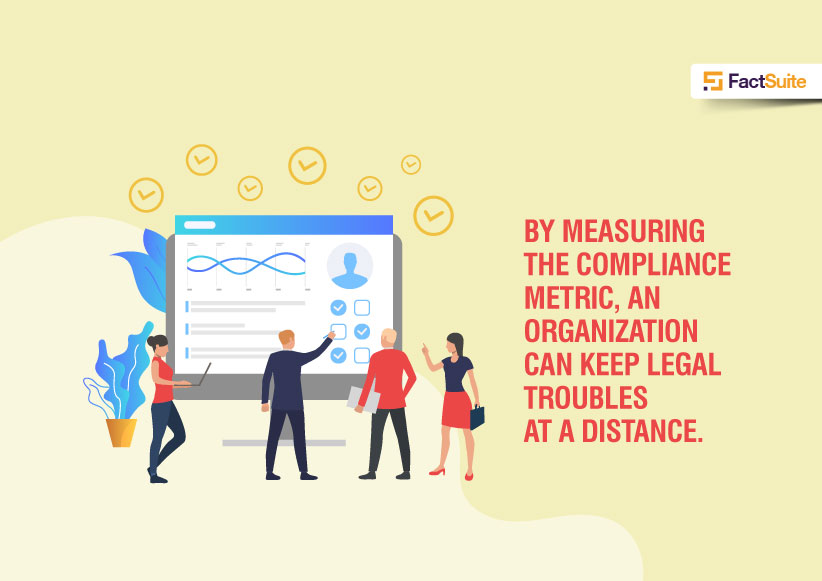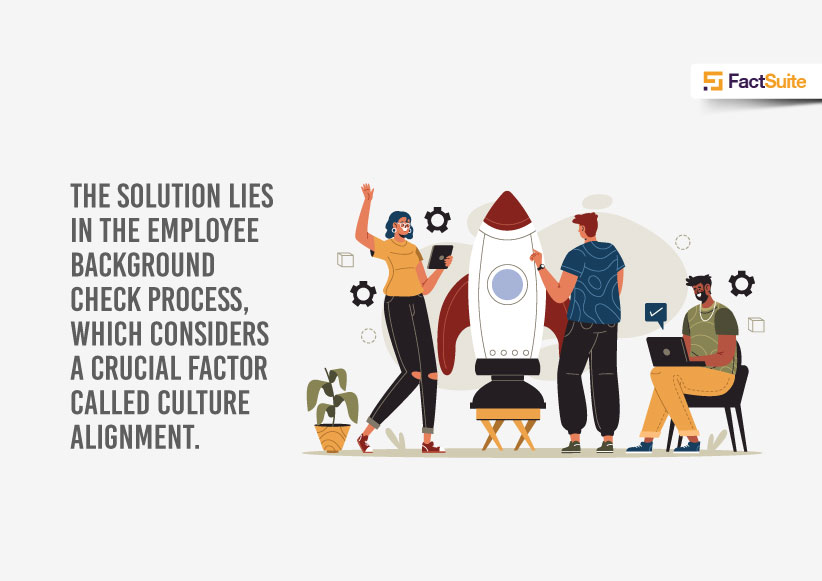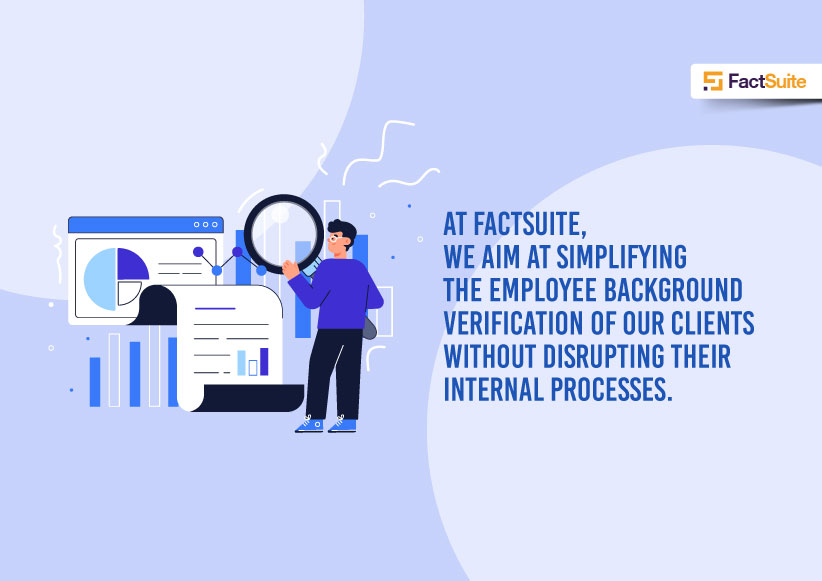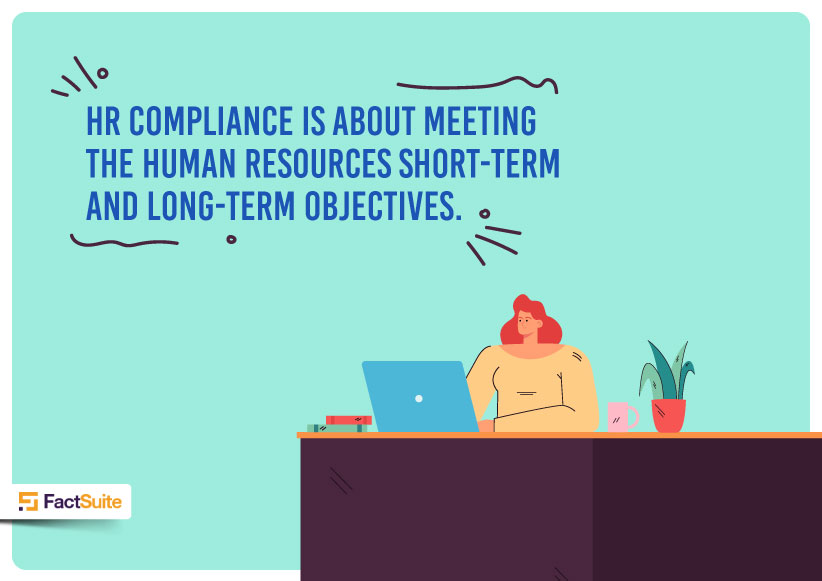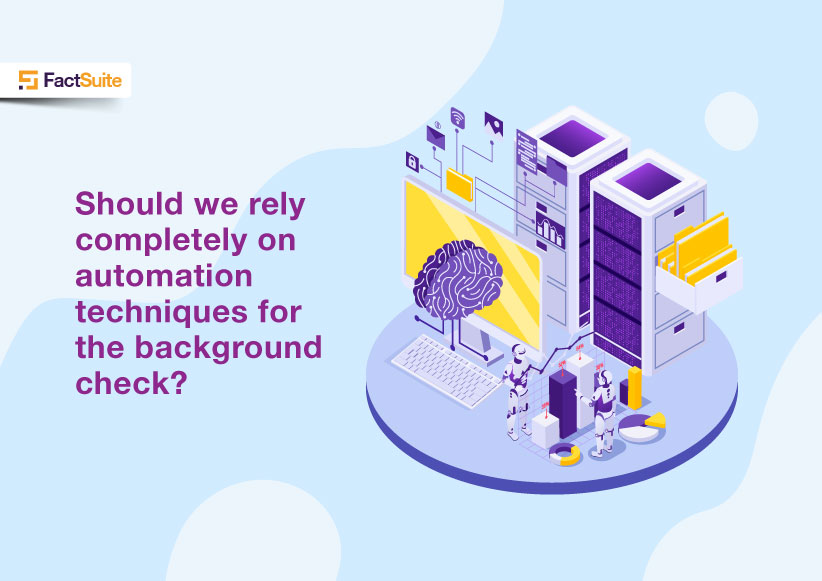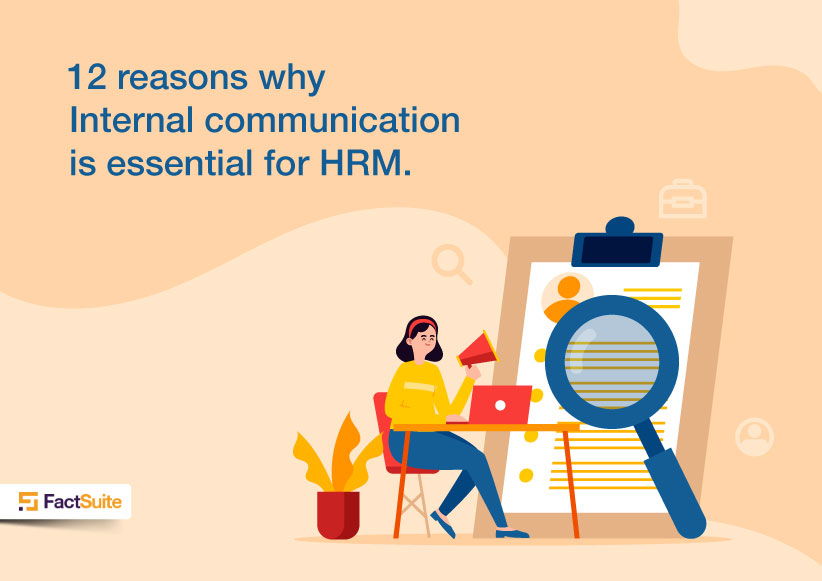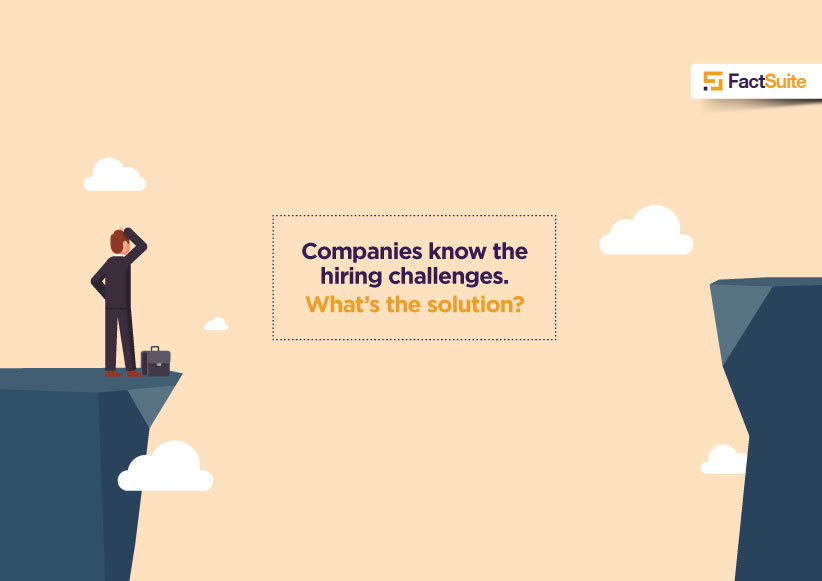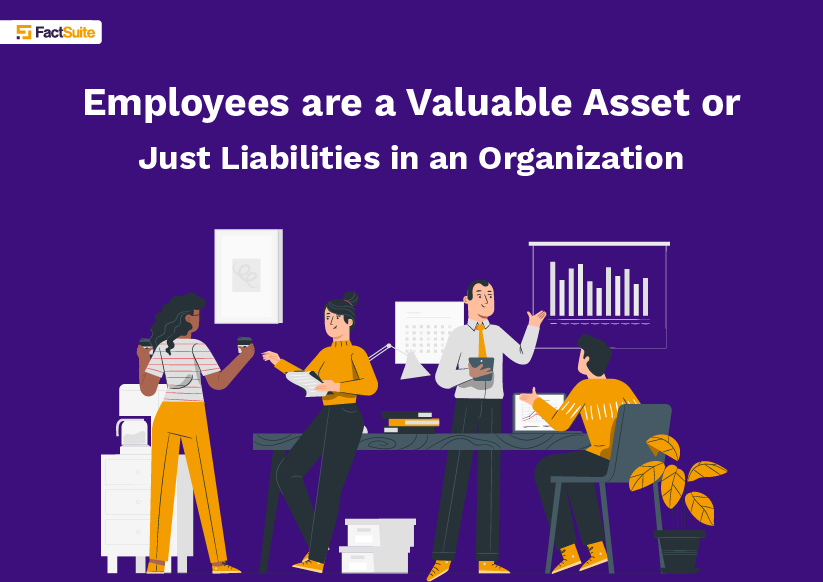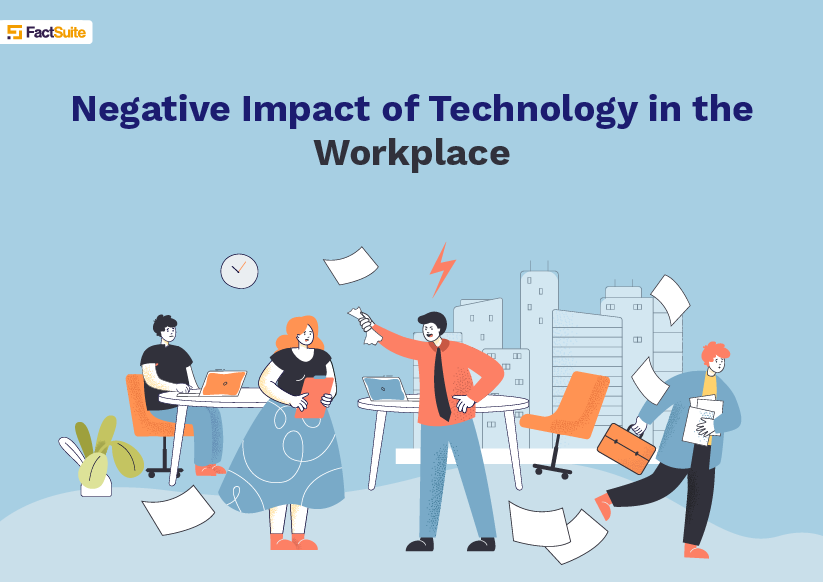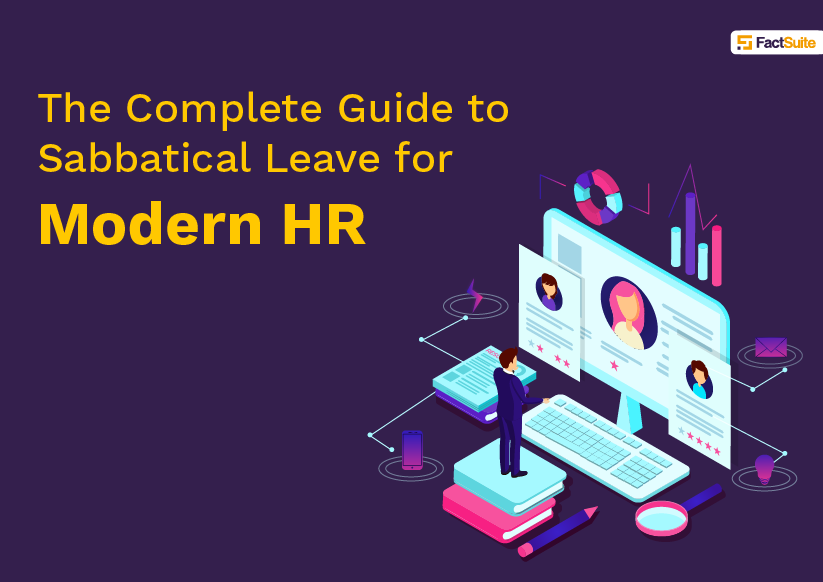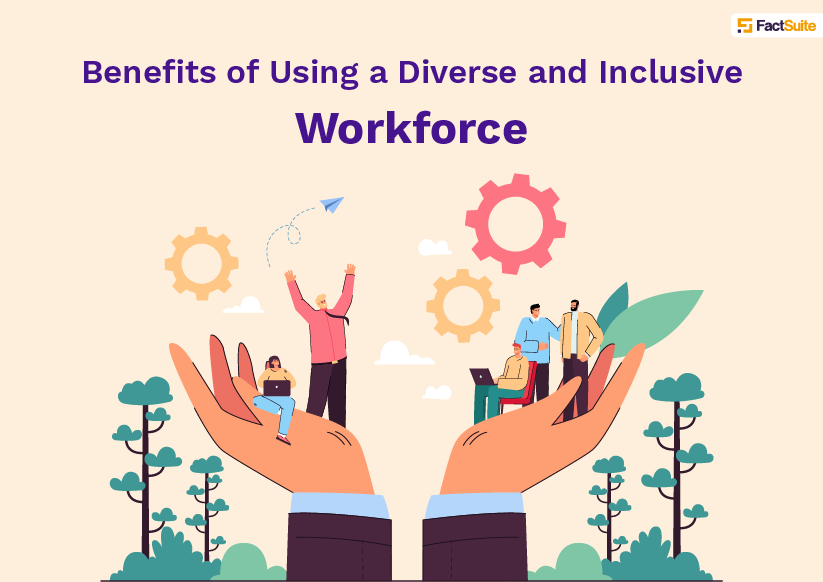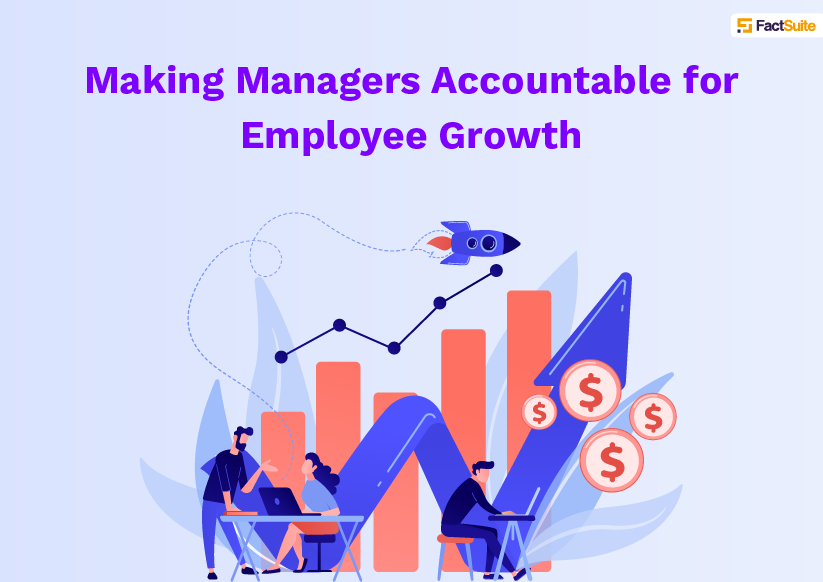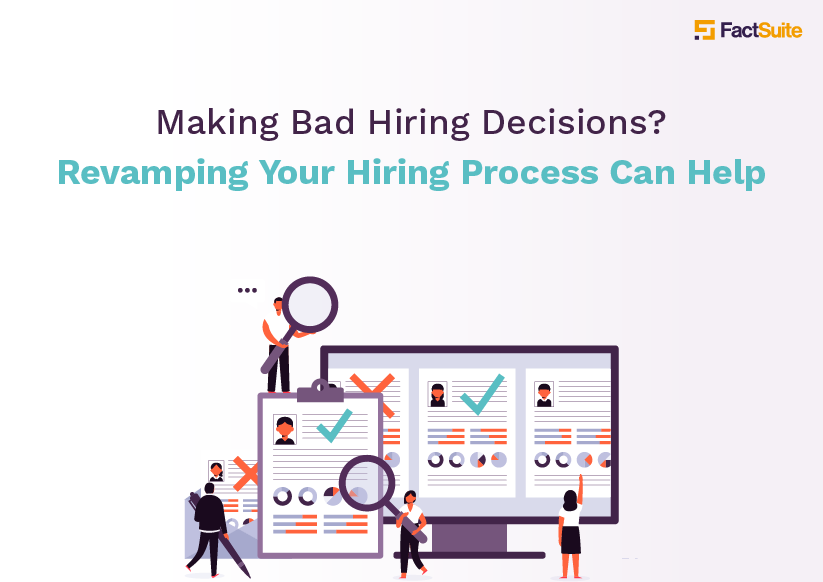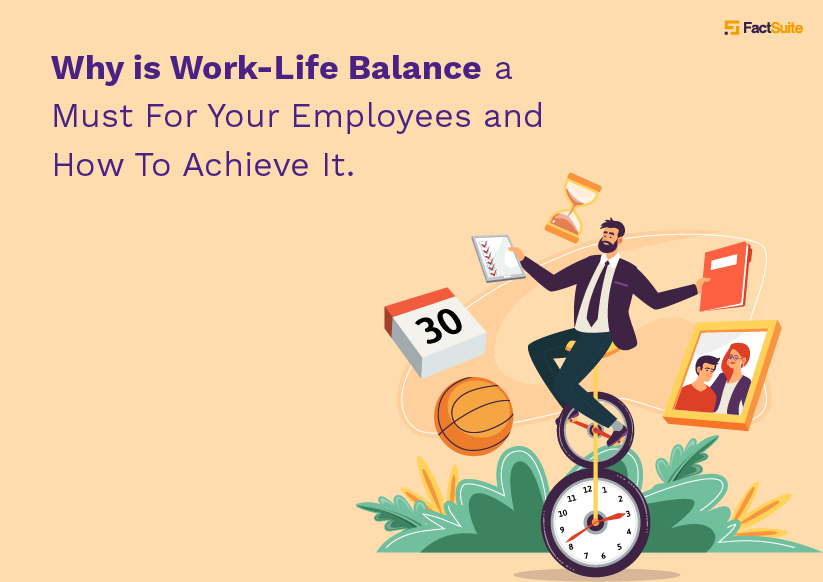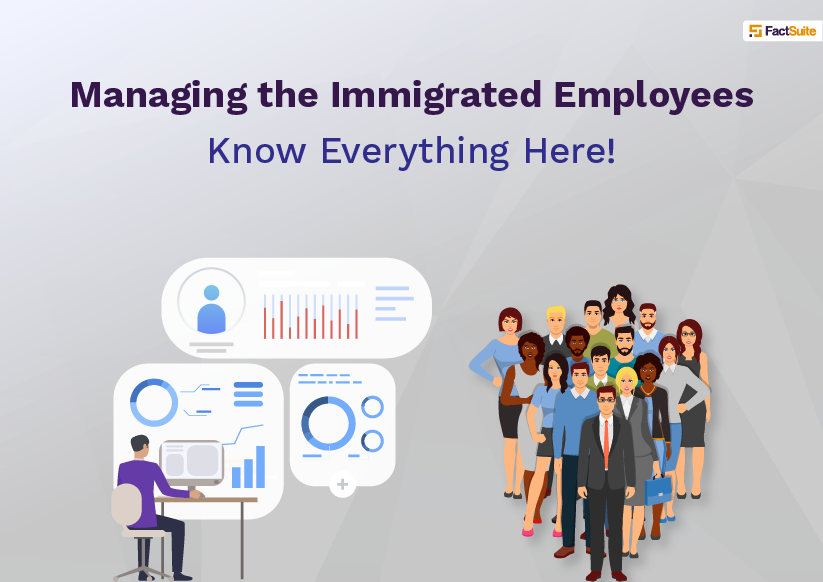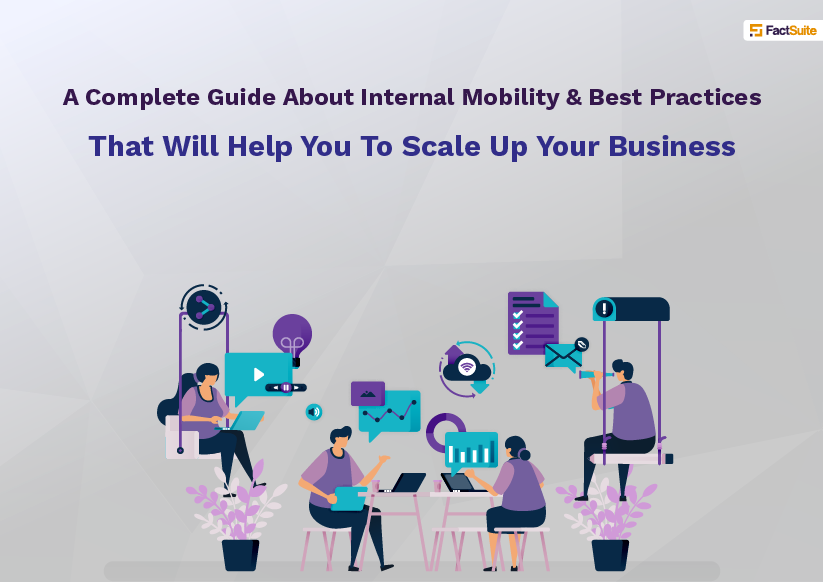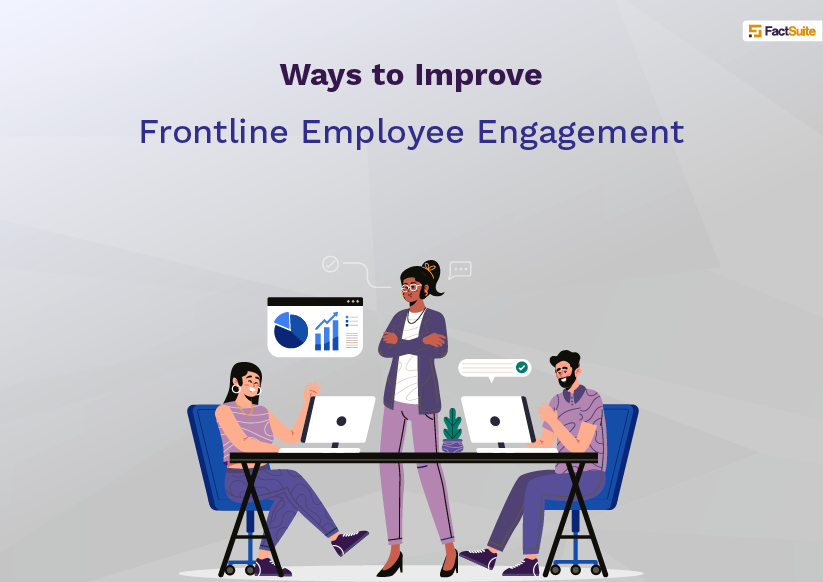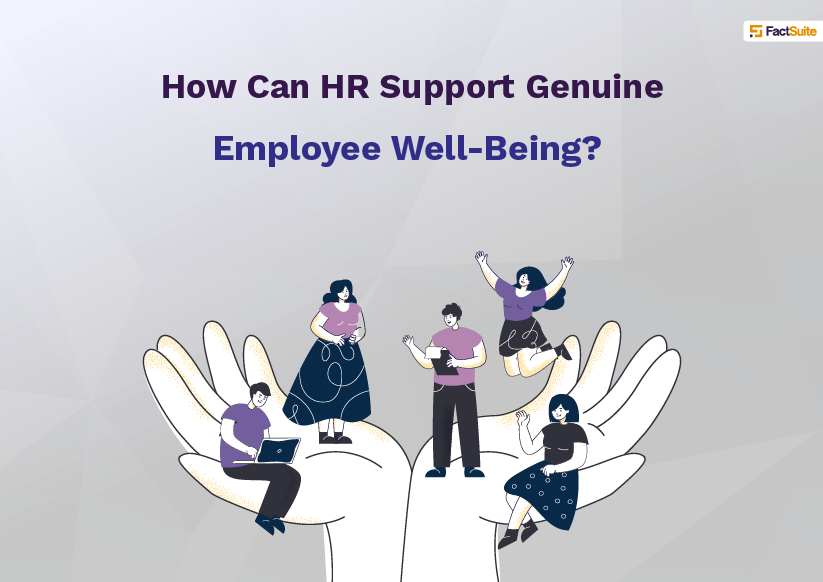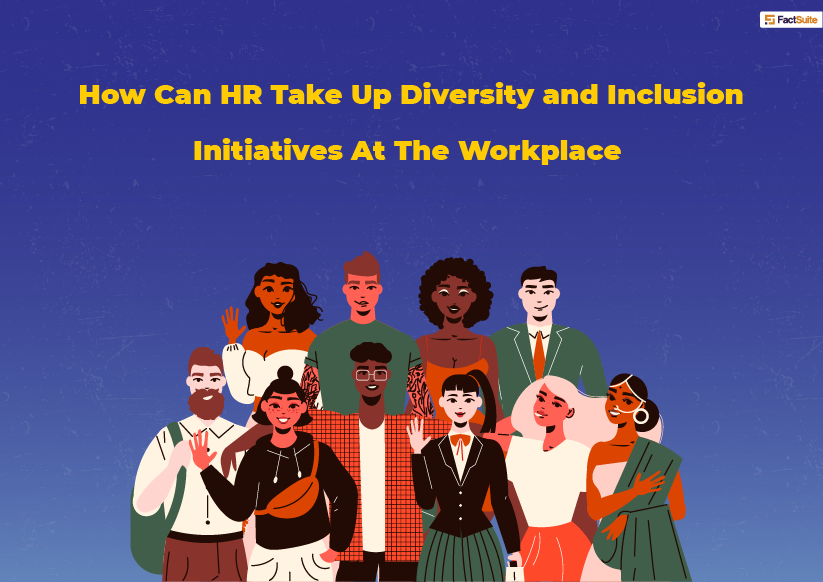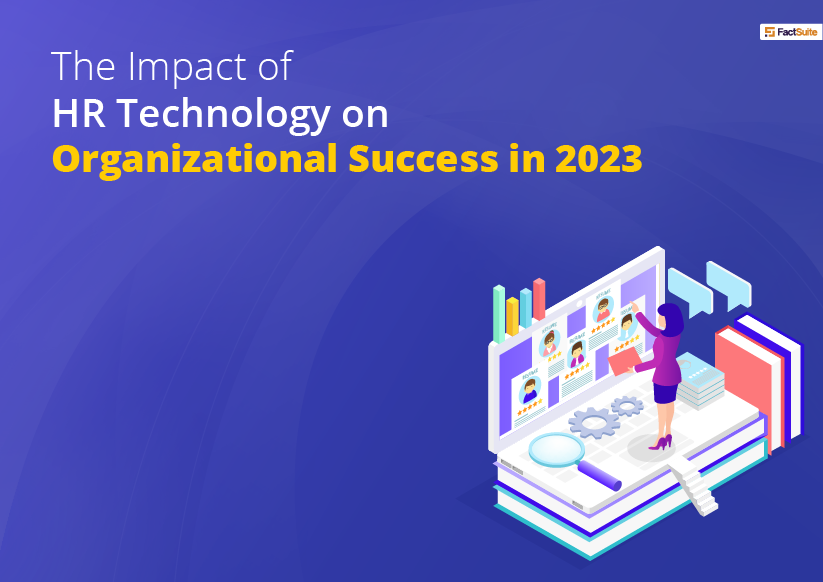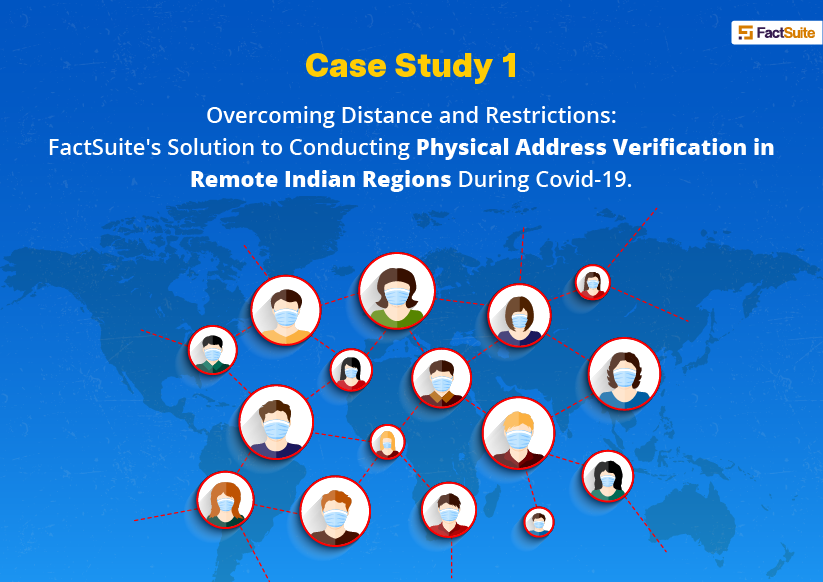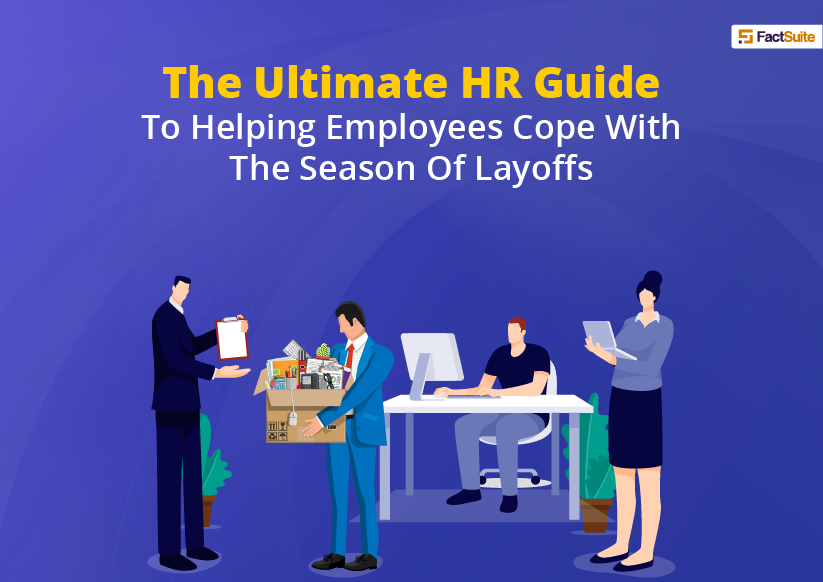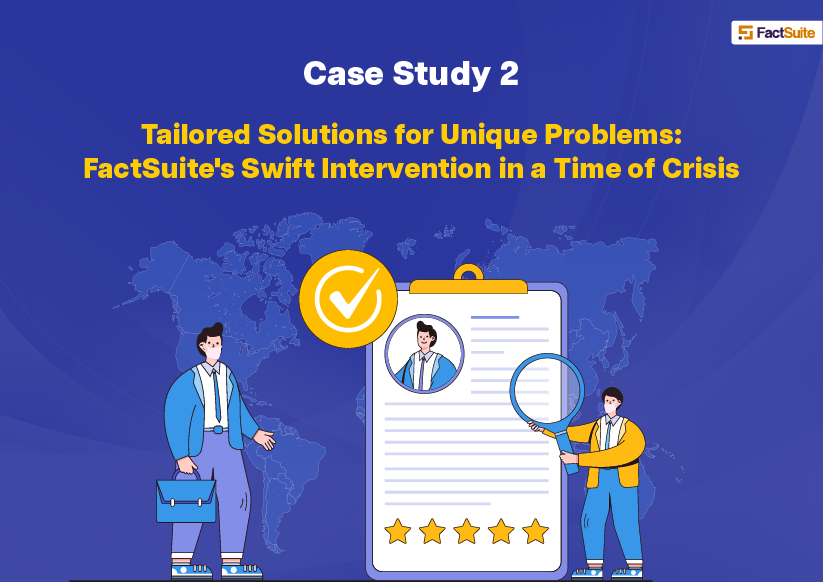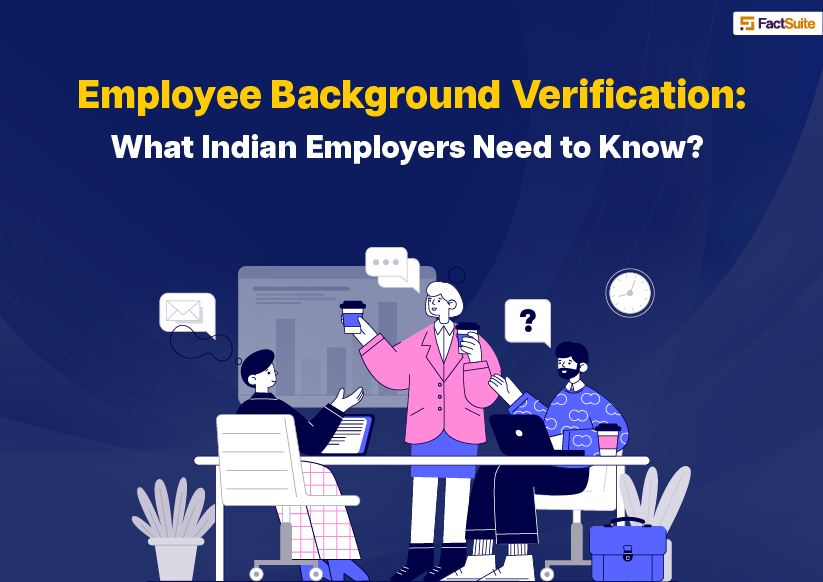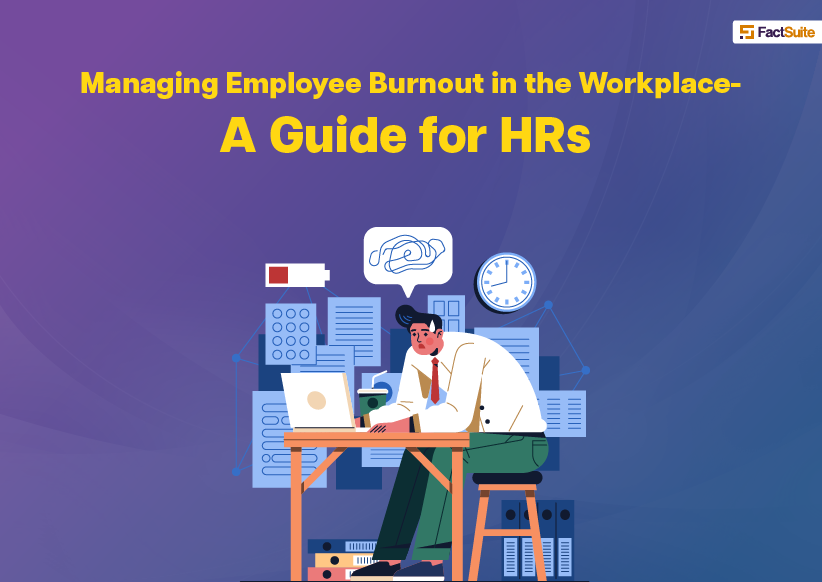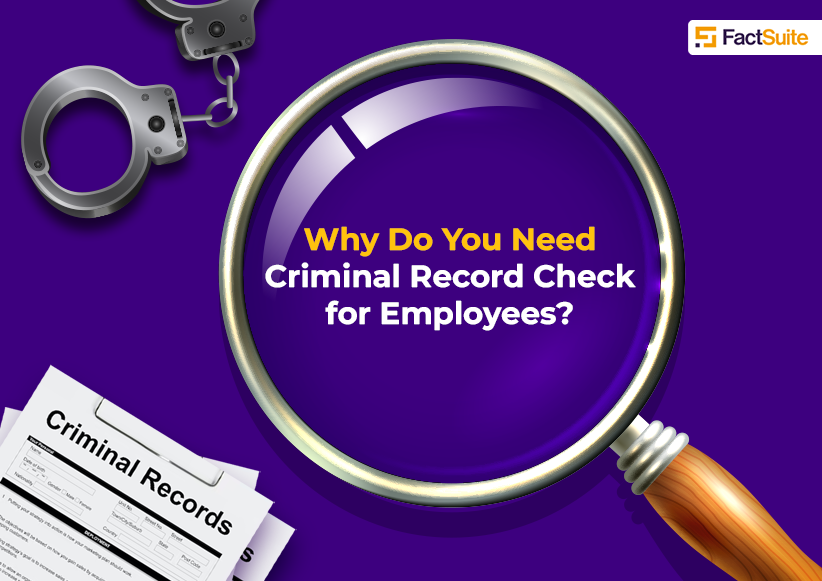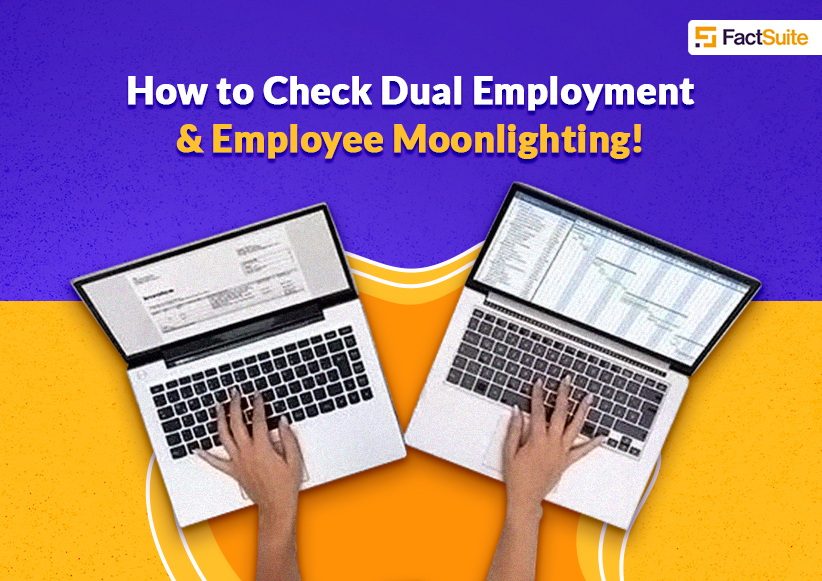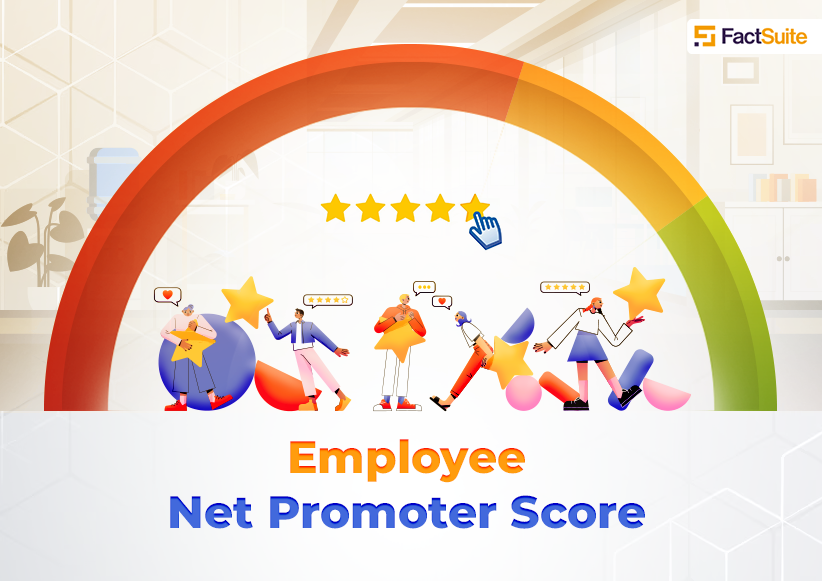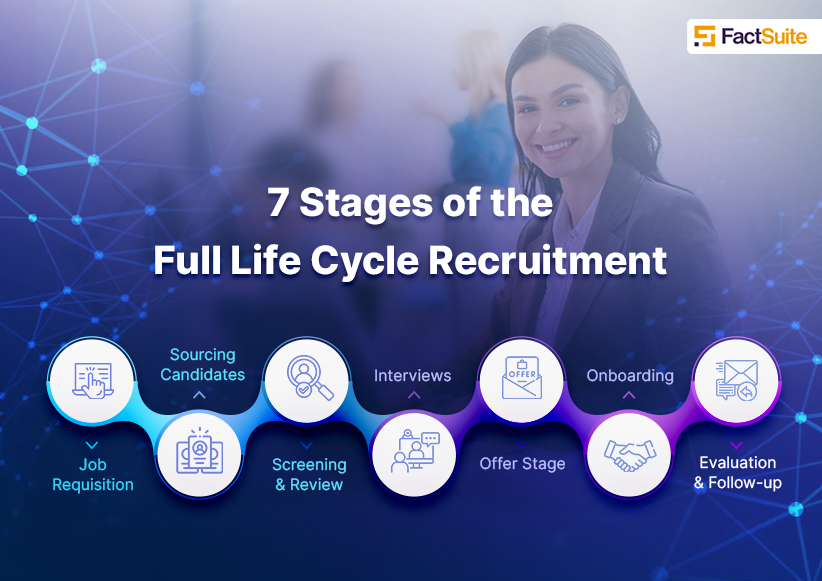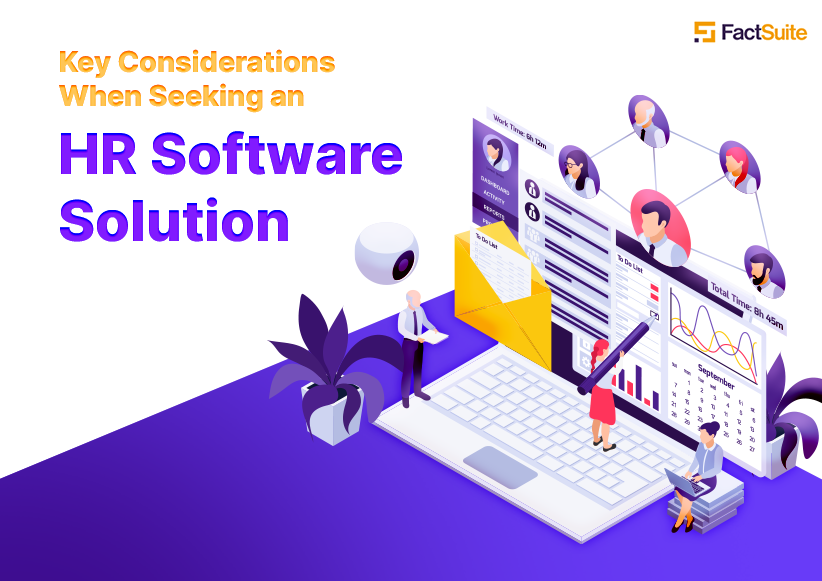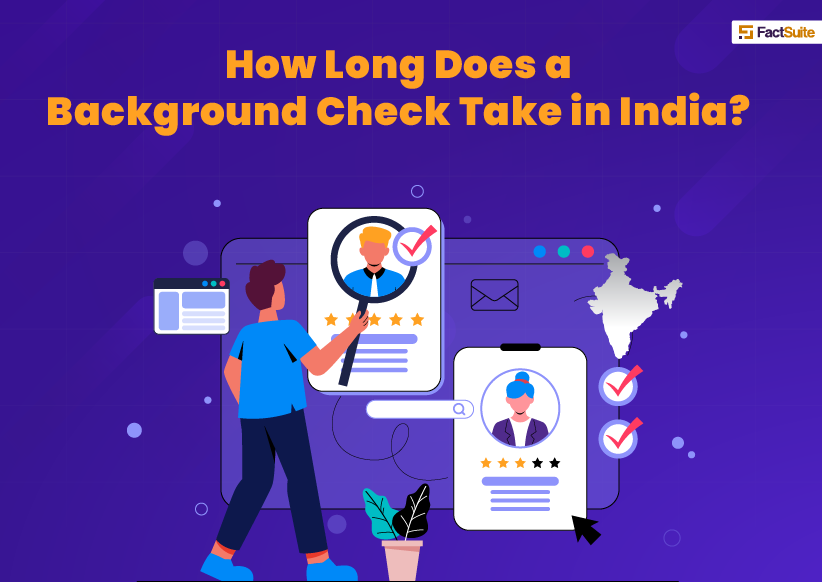The Benefits of Embracing the Gig Economy
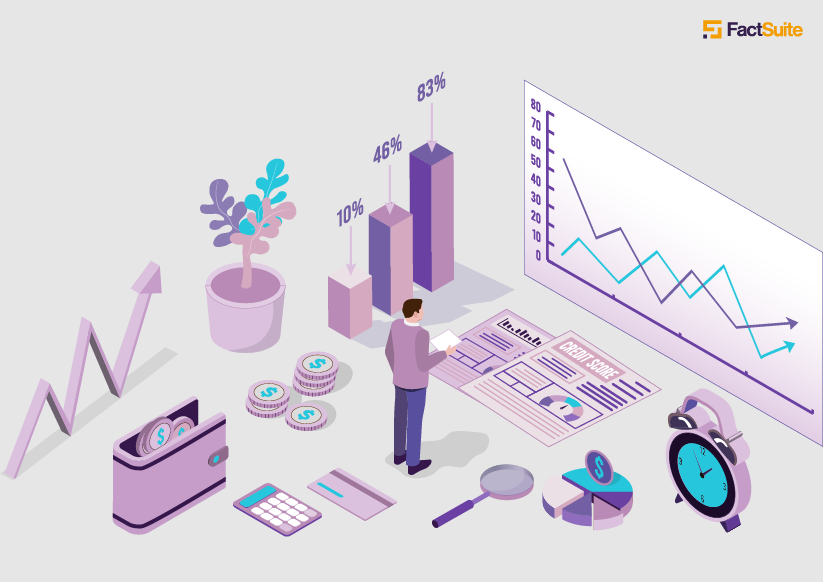
Table of Contents
- What Is a Gig Economy?
- How Does a Gig Economy Work?
- What Impacts a Gig Economy?
- Benefits Of Gig Economy for Companies
- Increased Productivity
- Hiring Experts
- Reduced Costs
- Improved Flexibility
- Challenges Of the Gig Economy for Companies
- Flexibility and Independence for Workers
- Challenge of Finding and Engaging Talent
- Communication Breakdown and Project Stress
- Tracking and Management of Freelancers
- What Is the Future of The Gig Economy
What is a Gig Economy?
What comes to your mind when we say the word "Job"?
A permanent office with a cosy desk, where individuals would function from 9 am - 5 pm completing their daily tasks. In the previous days, companies with their HR department have focussed on hiring individuals for various full-time positions. But is it the same now?
Jobs are now available remotely, where individuals depending on their skills and expertise can take up independent or contract work for a shorter period. It also allows the workforce to take flexible job opportunities without being present in a particular location. Companies and individuals are now moving towards a versatile job environment by embracing the “gig economy”.
With the recent evolution across industries aided by technology, 57.3 million people freelance in the USA and this is expected to be 86.5 million by 2027. According to stats, over 50% of the USA workforce is likely to participate in the gig economy by 2027. In India, there are nearly 15 million gig workers, but it has the potential to serve up to 90 million jobs in the non-farm sector and contribute 1.25 per cent of India’s GDP.
However, before we understand why the world is moving positively toward this new phenomenon, let us understand what does Gig Economy mean?
"Gig" is a word used for jobs, where HR professionals, companies, and individuals hire independent gig workers or contractors for a shorter period compared to a full-time position. These gig workers or also known as freelancers are free to work from their preferred location at their workplace. They need not be available from 9-5 and can choose to work only for days they want. More importantly, they choose the kind of work they love to do.
How Does a Gig Economy Work?
In recent years, the benefits of gig economy has been evident more and more people have become self-employed. Also, this new concept of the gig economy is widely progressing, and permanent positions are getting replaced by contractual positions.
Industries have witnessed a dramatic increase in the number of people working in the gig economy. The global gig economy generates $204 billion in gross volume. Furthermore, The Global Gig Economy is expected to grow from $204 billion in 2018 to $455 billion in 2023, an increase of 17.4% CAGR. It is due, in part, to the fact that companies are embracing the gig economy and are no longer relying on traditional methods of employment.
Thus, these changing trends with digitization, hybrid working modules, and growing start-up ecosystems are facilitating more employment through the gig economy. Small companies are no longer dependent on a talent management team or an HR for hiring employees. By appointing gig workers for specified tasks and paying them only the required fees, start-ups are in fact saving on their time and efforts, and importantly they can even do away with their increasing burn rates affecting their cash flow.
What Impacts a Gig Economy?
As we have seen, how uncertainty during the pandemic has succumbed even the large enterprises to close offices, offer remote work to employees, and facilitate facilities with huge challenges of logistics and commutation, harnessing the gig economy can never be better than today. According to a report by the Boston Consulting Group, more than 8 million Indians are employed as gig workers, and this is expected to grow to 24 million by 2023-2024, and 90 million by the end of this decade.
Benefits Of Gig Economy for Companies
Its growing popularity over the past few years speaks volumes of the many benefits of the gig economy for both companies and their employees. These benefits include:
-
Reduced Costs
Hiring employees on a freelance basis can be cheaper than hiring full-time staff, as many independent workers are willing to work for less than traditional staff. Furthermore, companies can also save on operational costs, minimizing office expenses. Contract workers do not receive benefits like health insurance, PFs, and 401(k) contributions, which can be costly for companies. Hence, saving the extra cost. -
Increased Productivity
Gig workers are flexible and can work from anywhere, so they are a good fit for companies that need these workers to be quick and nimble. Enabled with platforms, gig workers can find jobs easily. They also tend to be more productive than traditional employees because they are not attached to a specific job. Thus, helping them focus on the task they like providing optimum output. -
Hiring Experts
Certain positions require a skilled workforce from a particular domain. However, employing such experts can be expensive for companies. The monthly remuneration might be an added cost if you need the professional only for a short time. In such a scenario, hiring an experienced professional from the gig economy can be cost-effective and solve your issues. For example, AI (artificial intelligence) enthusiasts are much needed across technology companies. Yet, they come with a heavy salary expectation. In such a case, you can seek consultation from an AI expert gig worker and pay them only for the required time and work. Also, if you build cordial understanding, you can again associate when needed. -
Improved Flexibility
A company may need someone to work a few hours per week, but does not want to hire a full-time employee. Companies can fulfill such requirements by employing a gig worker. Hire them only for the required number of hours from wherever they are and accomplish company requirements effectively. The flexibility that this shift provides to companies can often lead to increased productivity and profitability.
Challenges Of the Gig Economy for Companies
While there are marked benefits of the gig economy, there are disadvantage of the gig economy too, that we ought to consider.
-
Flexibility and Independence for Workers
In the gig economy, gig workers look for more flexible and independent work arrangements. While this can be a significant opportunity for workers, it can also be problematic for companies, posing a disadvantage of the gig economy to employers. -
Challenge of Finding and Engaging Talent
Companies may suffer if they are unable to find the right talent at the right time or keep them engaged. Losing communication during the project can be stressful. -
Communication Breakdown and Project Stress
Additionally, another disadvantage of gig economy to consider is when companies do not know the whereabouts of freelancers, it can be challenging to track them. -
Tracking and Management of Freelancers
Organizations need to be careful not to overspend on temporary workers. It means being strategic about when and where they use contractors and freelancers.
What is the Future of the Gig Economy
Nevertheless, despite the mentioned disadvantage of the gig economy, the number of companies adopting the gig economy is growing. For increased positive impact, the companies and workers must trust each other and accept the new phenomena without any inhibition. It is essential that each one takes responsibility and contributes accordingly. It is only then, that we can witness cohesive popularity across the gig economy.

